ZAMBOANGA DEL SUR, October 2, 2023 – To ensure accuracy, completeness, and reliability of data in the program’s national database system, the Department of Agriculture – Special Area for Agricultural Development (DA-SAAD) National Program Management Office (NPMO) reviewed the SAAD Region 9’s data collection processes for farmers’ profiling and data management on September 12-13, 2023.
Region 9 is among SAAD-covered regions who promptly completed the uploading of farmers’ information in the national database system in the first quarter of FY 2023. However, the region’s Information Technology and Database Development (ITDD) unit has yet to complete the entry of lacking information of SAAD Phase 2 beneficiaries and eliminate duplications.
Mr. Saturnino R. Palahang Jr., Executive Assistant of the SAAD-NPMO Director, said the end goal of this activity is to identify issues and concerns about profiling to help the program improve the process of data collection on the field and collect true and correct data from each beneficiary to produce accurate results in data analysis.
To witness how the data are actually gathered, the NPMO team observed the profiling activity conducted by the ITDD staff for the Lumponid Gardeners’ Association in Midsalip and Rizal Farmers’ Association in Sominot, Zamboanga del Sur. According to Mr. Jerech D. Flauta, NPMO ITDD Unit staff, the field validation and monitoring activity aims to deduce good practices and relevant issues while ensuring an efficient information-gathering system on the field.
“This will help us identify potential risks such as data discrepancy, inaccuracy, and duplication, and take proactive measures to mitigate them,” said Mr. Flauta.
Data collection is a crucial stage for obtaining accuracy in data analysis. It requires data entry validation and cross-checking of information with other sources. Hence, during the exit conference, it was agreed that the regional ITDD unit should work closely with the regional unit of the Registry System for Basic Sectors in Agriculture (RSBSA) to cross-match the gathered information.
However, the RSBSA database may not contain all basic information about the farmers, thus, program implementers should have a separate set of data that was collected from the field.
Furthermore, it was agreed that the person conducting the farmer profiling interviews should identify himself and state his purpose as data collection complies with legal requirements and ethical considerations, specifically when dealing with sensitive or private information.
While the region’s ITDD unit continuously validates and verifies farmers’ information in the RSBSA, the NPMO will review the profiling form for revision and include new information that needs to be collected that was not specified in the existing form, such as civil status and types of cultural groupings. The findings will be used as inputs for a revised farmers’ profiling form and creation of SAAD data privacy guidebook in accordance with the international data protection standards set by the National Privacy Commission (NPC). ###
Writer: Ellaine L. Quiamco, DA-SAAD Region 9 Information Officer

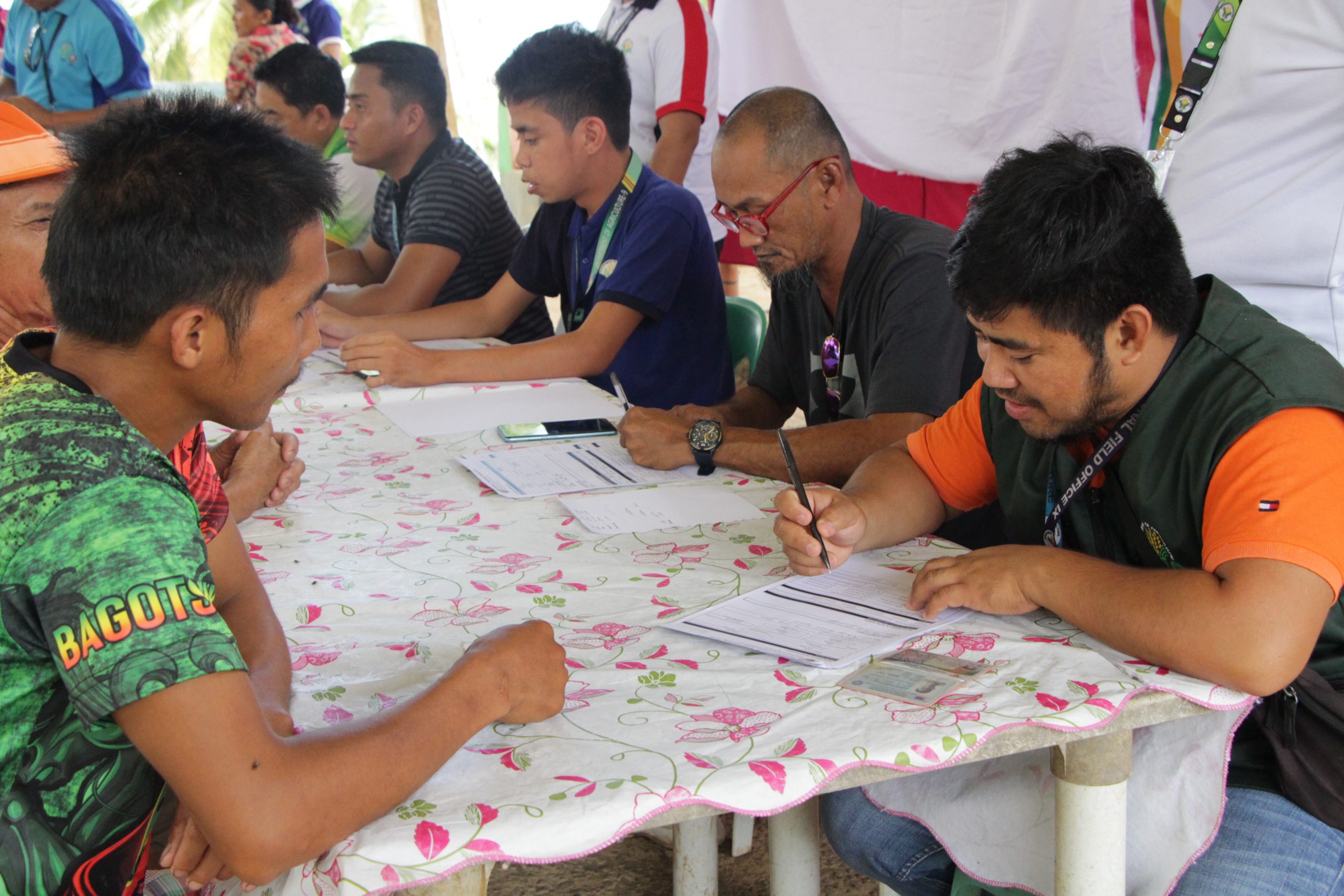
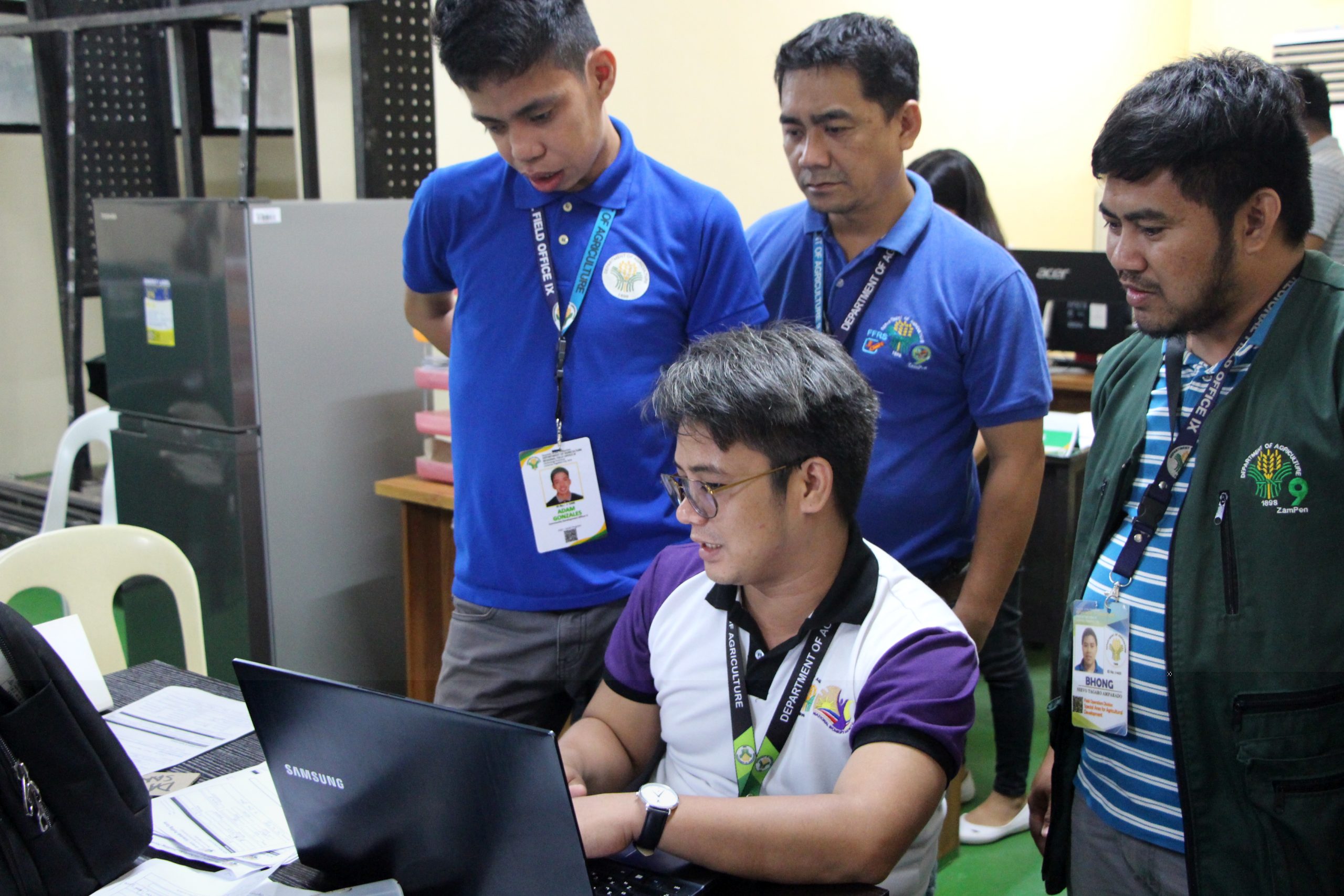
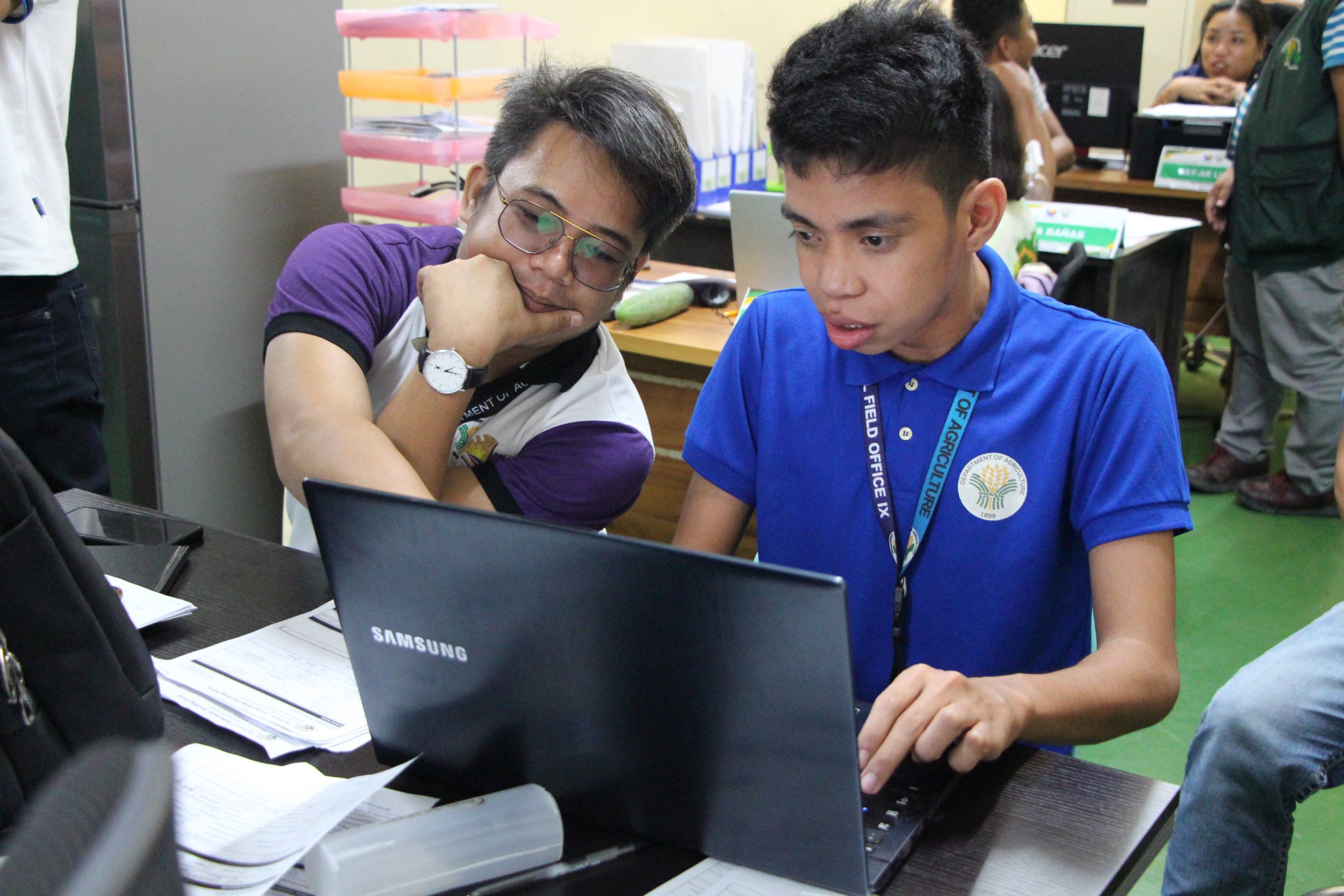

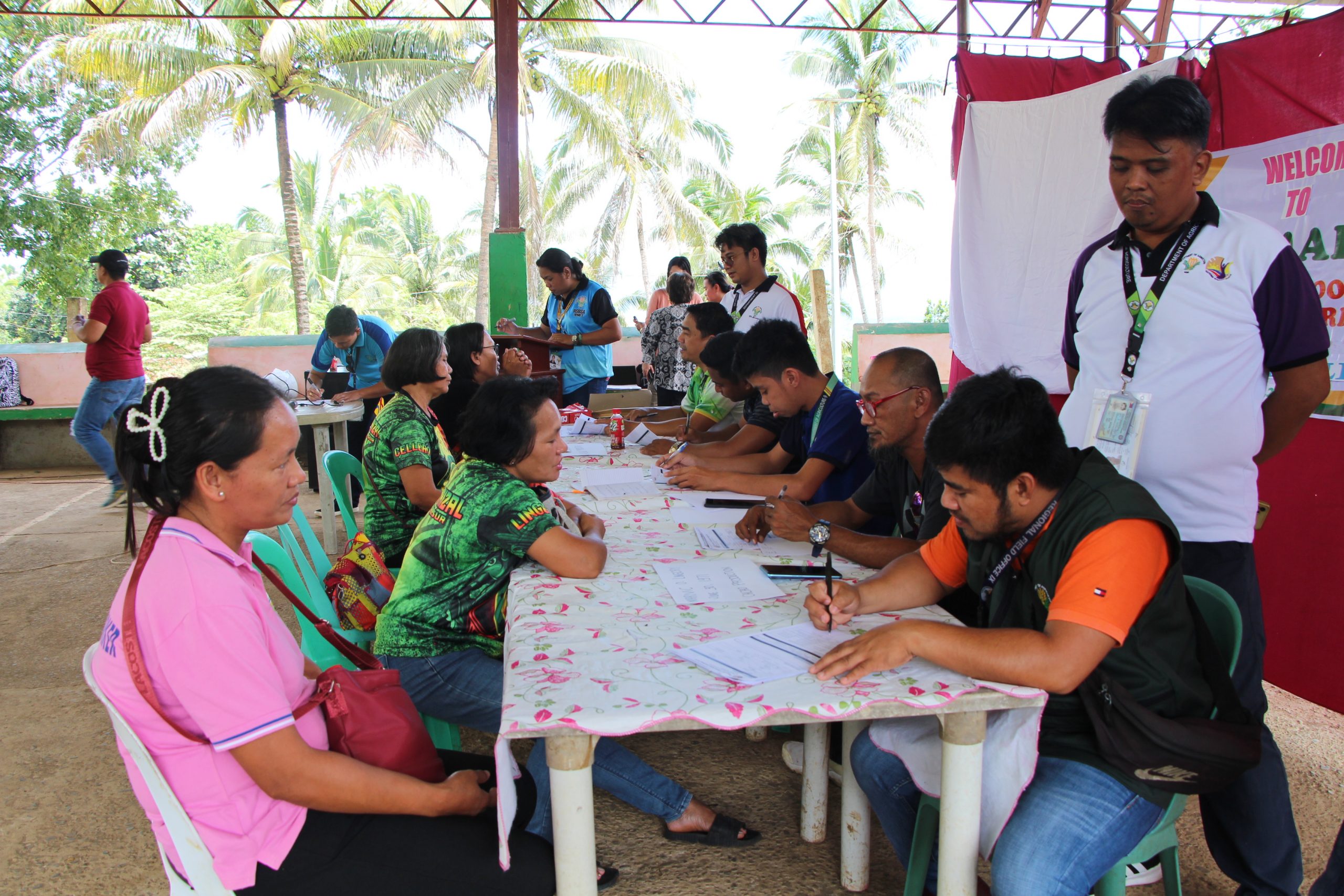
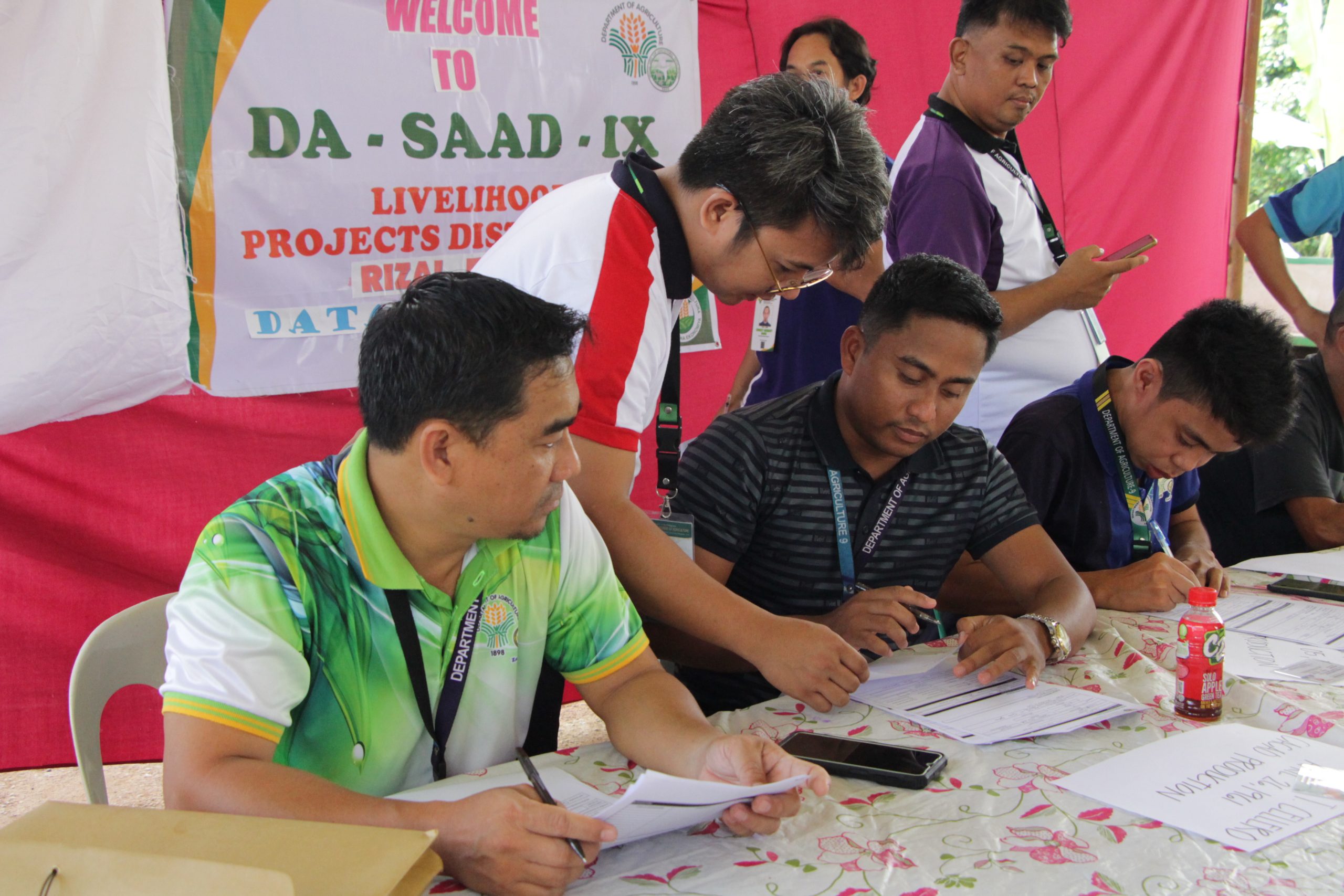
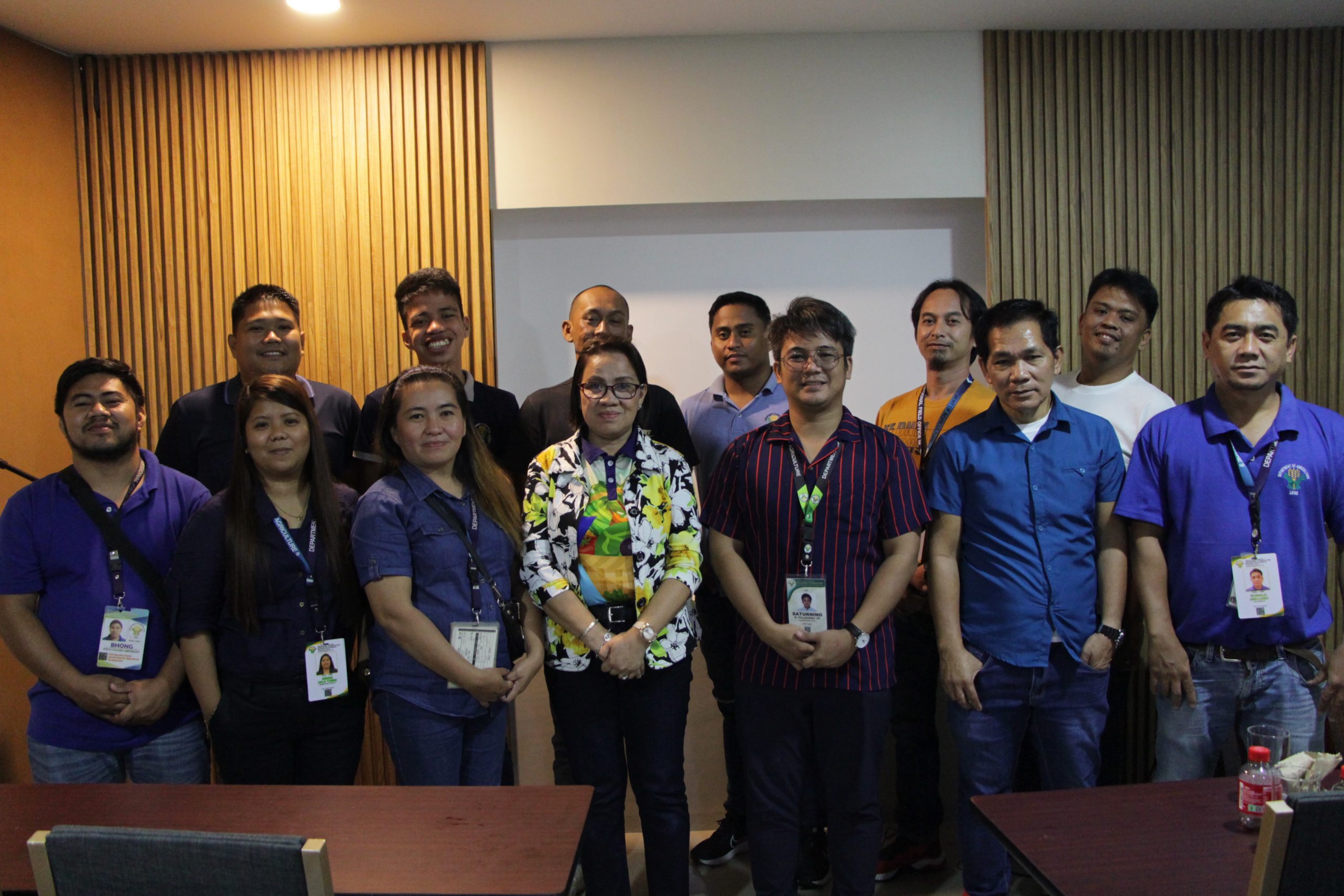
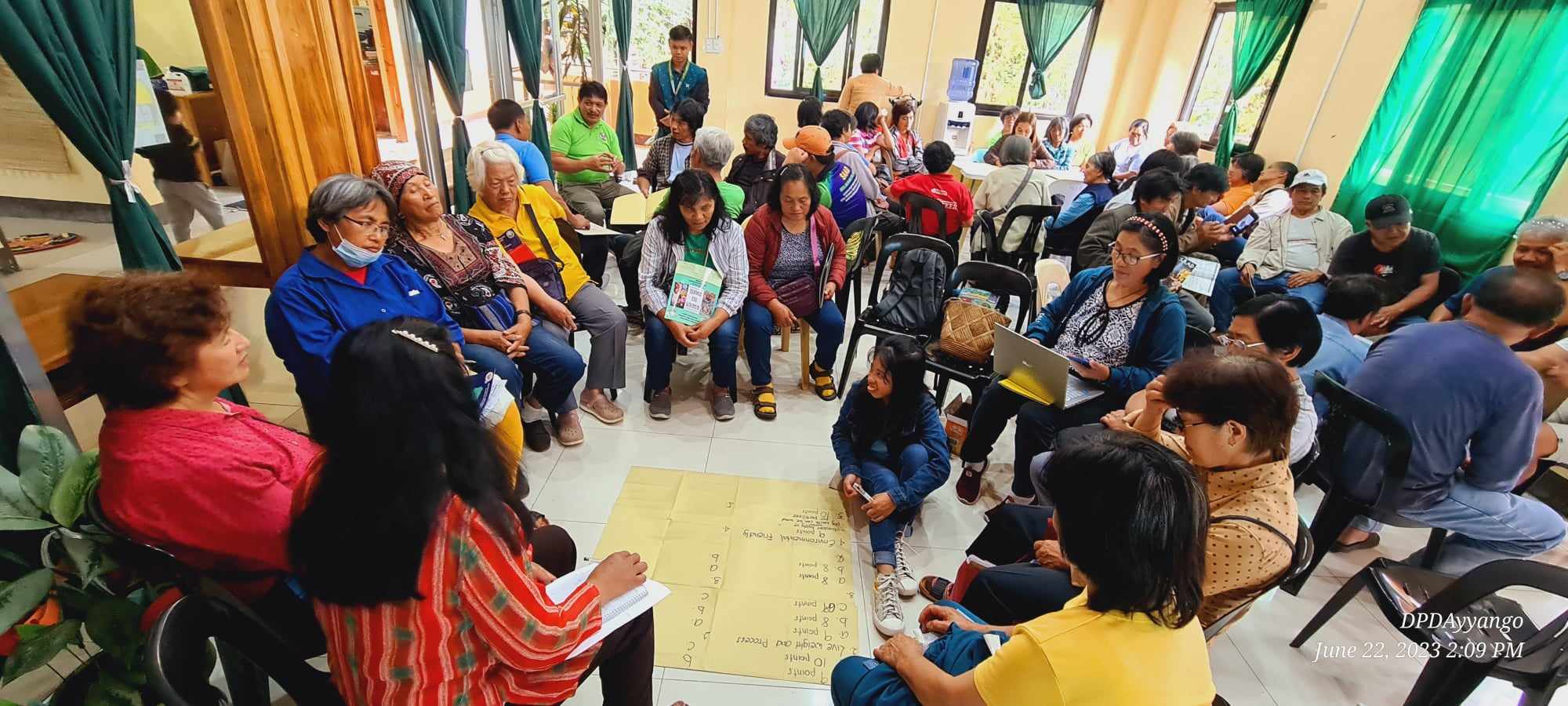
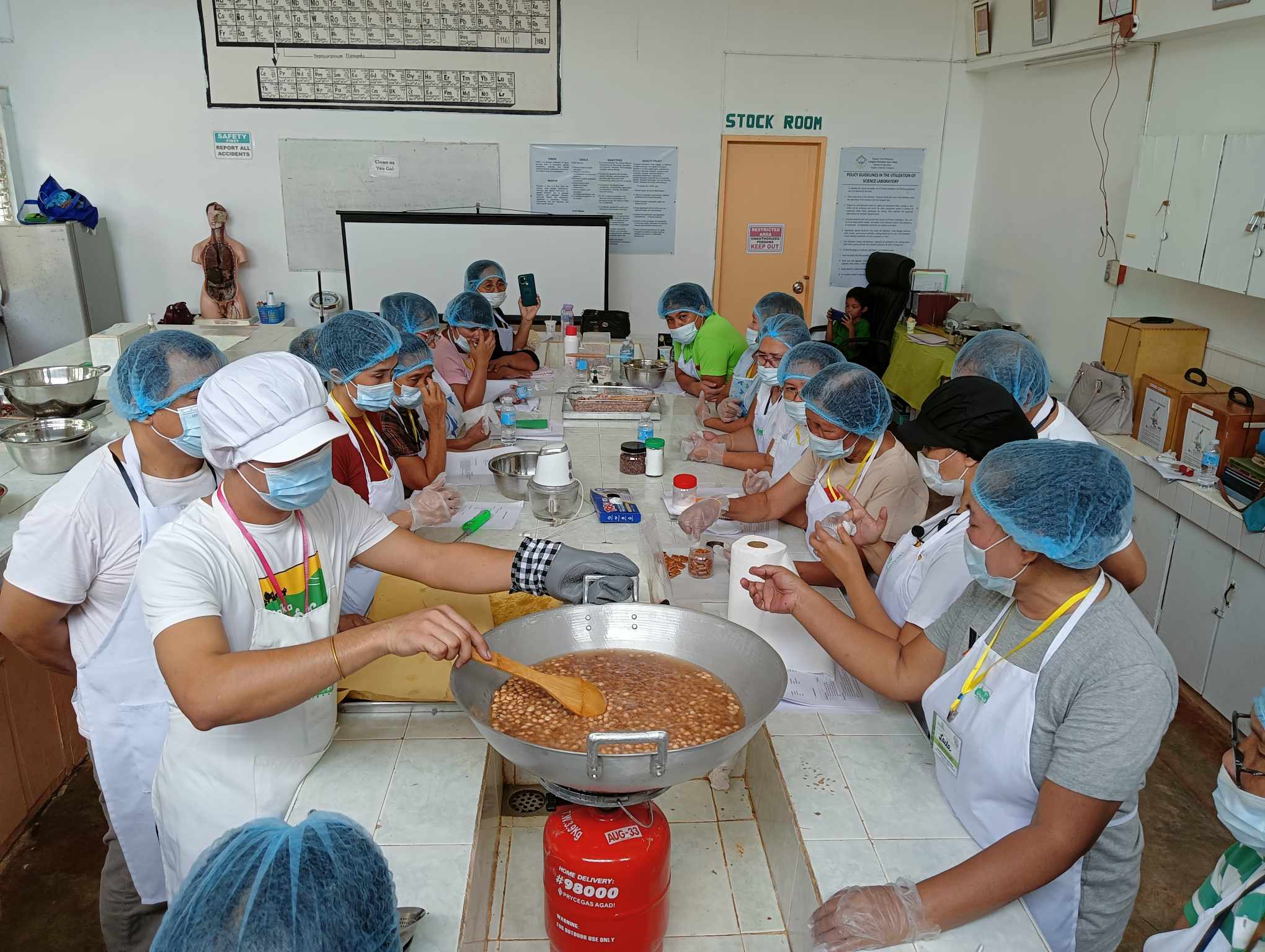
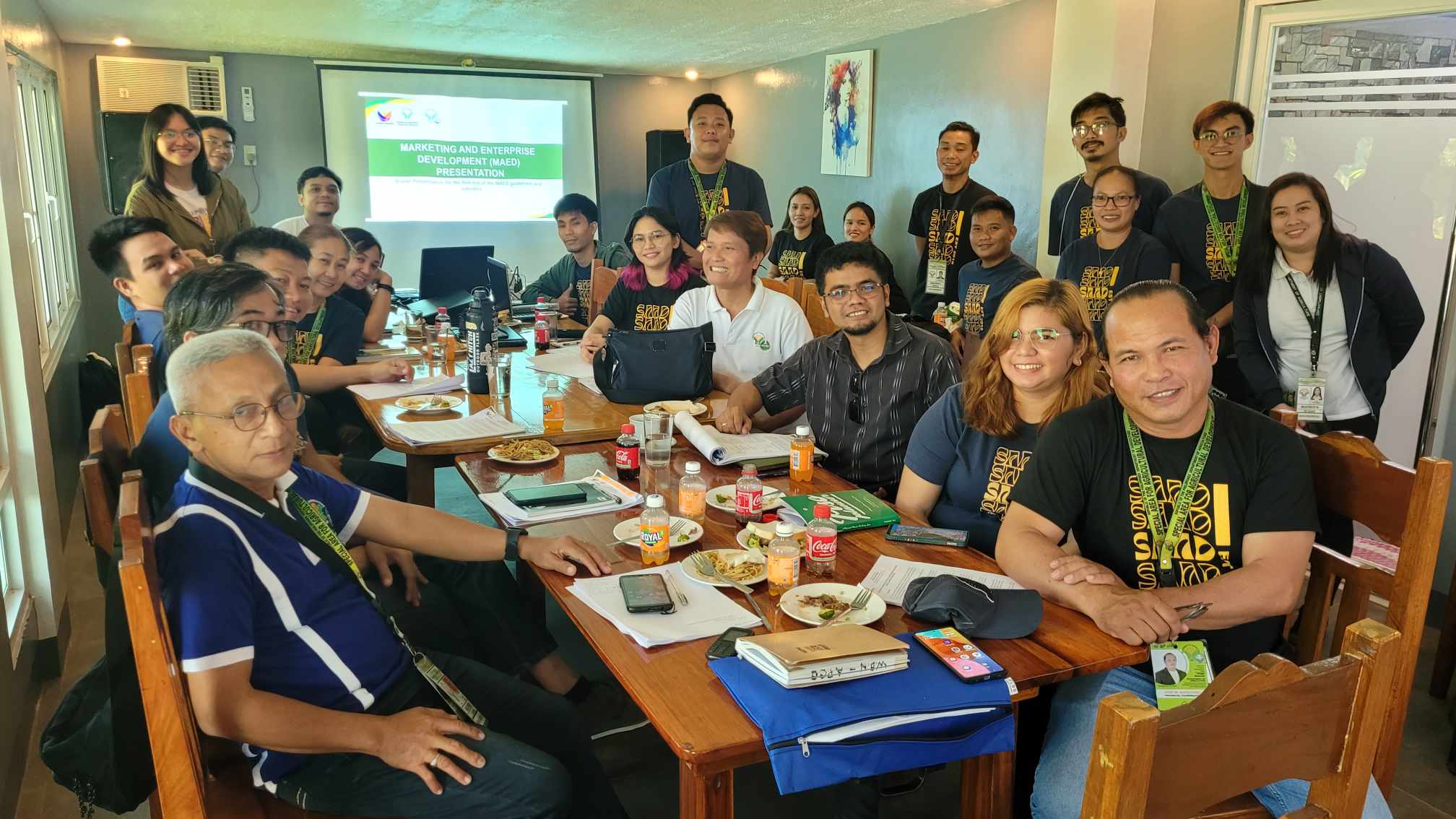
This Post Has 0 Comments